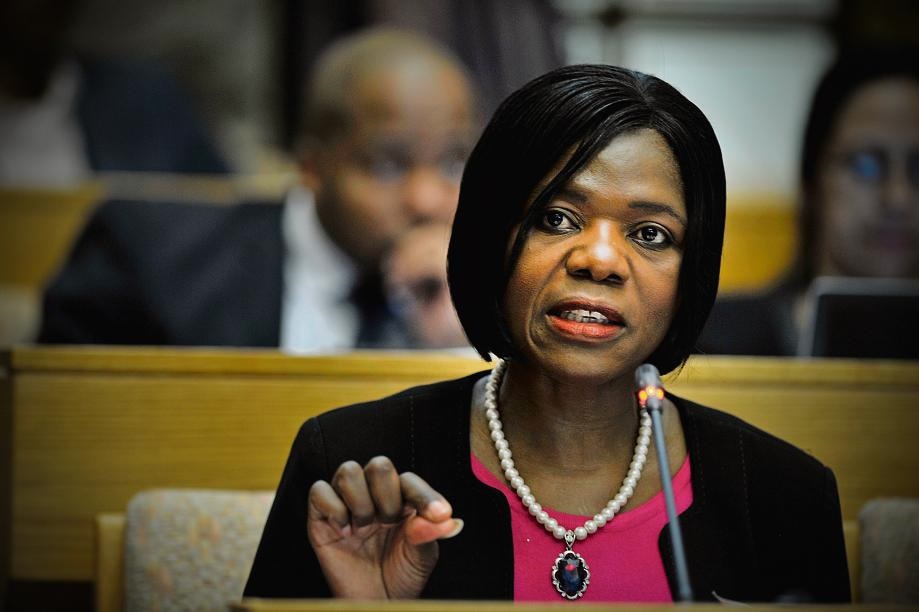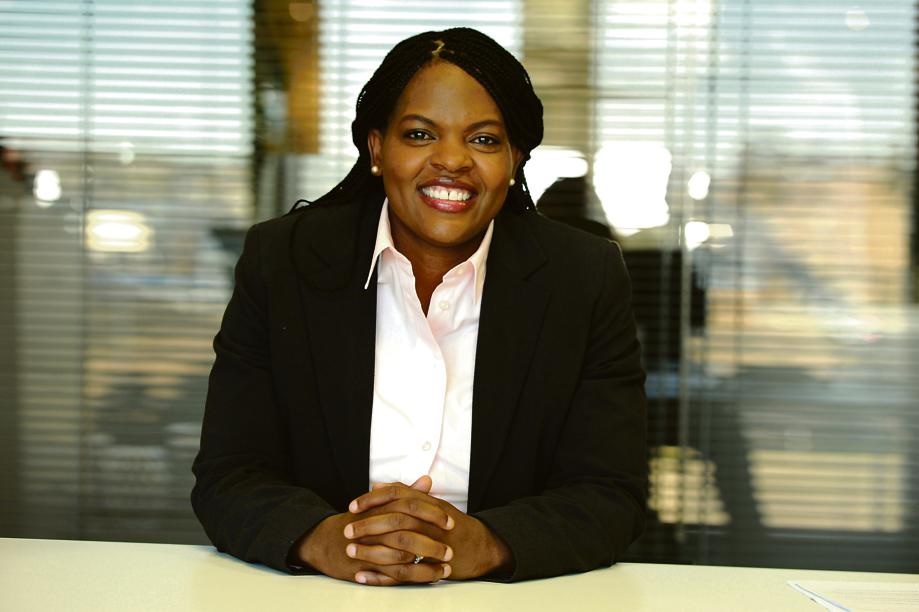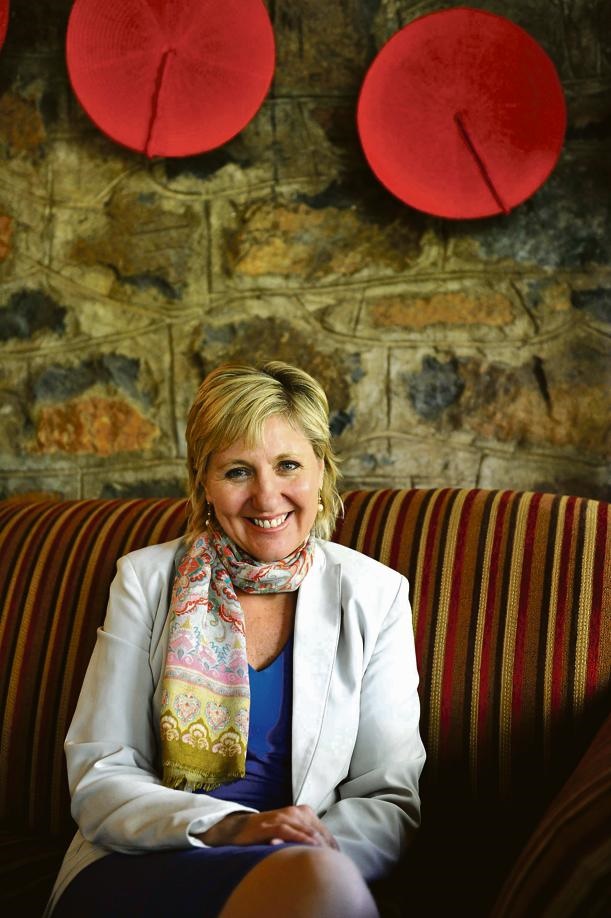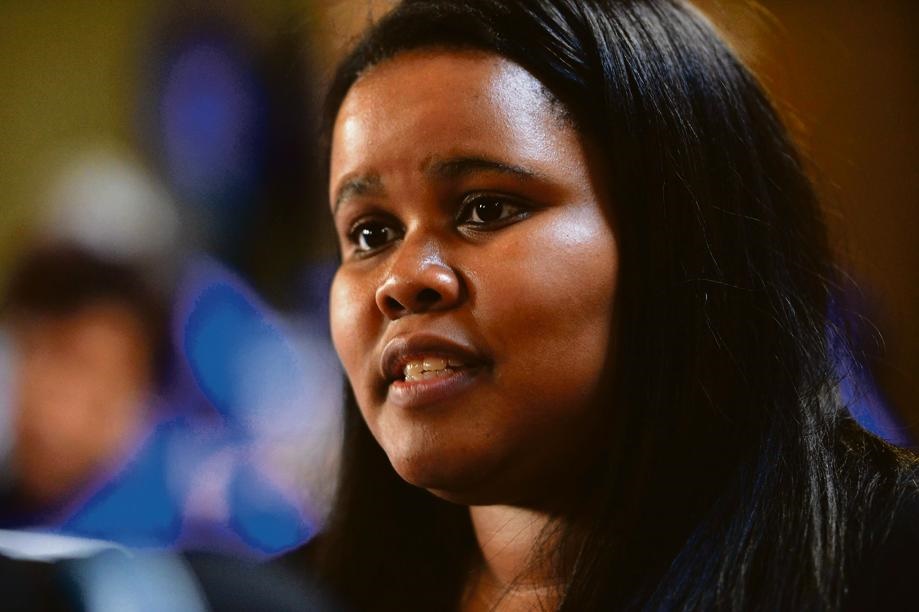Zinhle Mapumulo spoke to some of the country’s toughest women to find out how they made it to the top.
Thuli Madonsela
Advocate Thuli Madonsela has faced her fair share of gender-directed flak, possibly the least of which has been criticism of her hairstyle.
Asked if she had ever experienced overt sexism in the workplace, the Public Protector confirmed that sometimes her subordinates wanted her to act like a “woman” – and not like a boss.
“I have felt that people wanted a mother or daughter instead of a leader,” she told City Press by SMS. “And, through dialogue, I solved the problem.”
Madonsela says she doesn’t feel like she has reached the pinnacle of her career, and encourages other women not to be put off by any glass ceilings. “As long as you are alive, there are mountains to climb.
“When you summit one, new ones reveal themselves.”
Madonsela reveals that she used to work extremely hard to prove herself in a male-dominated field.
“When I was younger, I felt the pressure of wanting to prove myself. Now I work hard to achieve purpose driven by love. I seek not to prove anything.”
The single mother of a son and a daughter who are now in their twenties, she has had a long battle trying to maintain a healthy work-life balance.
Her advice to young female lawyers is to factor their families into their work schedules.
“Engage the family when there are work pressures and come to an agreement and strike a balance,” she says. “Attend some of these school events that take place during the day.”
That’s one of her biggest regrets, she says, adding that if she could do it over again she would “give more attention to my children and not be too hard in driving my children to excel”.
It was “tough”, she says.
“I do my best. I make special time for family, including taking my kids to work.”
There were other sacrifices too. “The key sacrifices are full support of my children and giving full attention to romantic relationships – and in the past six years having to shun certain relationships.”
Yolanda Cuba
A male colleague once asked top businesswoman Yolanda Cuba if she had the balls to deal with a crisis their company was facing. She looked at him, pointed at her breasts, and said: “I have two big ones.”
Her shocked male colleague – she won’t say who or name the company – was speechless.
Cuba (37), the chief officer of strategy and new business at Vodacom, says she didn’t take his remark too seriously “because he said it in jest”.
“I have experienced sexism in the workplace and, to some extent, have internalised it. When he said that to me, I just responded with an answer that shocked him,” she says.
Cuba has held executive positions at Absa, SAB and Mvelaphanda, and says she faces the same situation whenever she joins a new company.
“I always meet a man who is surprised at what I can do.
“It doesn’t bother me any more because it has become the norm. I have trained myself that, wherever I go, I want to be relevant and that means doing more than what is expected of me.”
Cuba fights sexism with excellence: “My mentality is not to just be brilliant, but exceptional.”
She says although she enjoys heading big corporations, it comes with challenges for women.
“You have to sacrifice a lot to get to the top. Sometimes your family and social life may suffer.”
Her children, aged seven and two, have become accustomed to the fact that she has a demanding job.
“They know when I go to my room or study it means I am working and cannot be disturbed. When I travel, we communicate through Skype, but I am grateful I have a good support structure at home.”
Cuba’s advice to women in the workplace is: “Sexism or the sacrifice you have to make to reach the top should not deter you. We need more women in leadership positions.”
But she won’t speak about things outside business.
“I don’t talk about my private life in the media.”
Glenda Gray
Professor Glenda Gray, president of the Medical Research Council of SA, says she has never experienced workplace sexism.
“I have never had an incident where a man reminded me I was a woman and probably not capable of doing a certain task. Maybe it’s because people were too frightened of me,” she says.
There may be a lesson in that.
Gray, who was appointed to head the country’s largest research institution last year, says it’s not because she is arrogant, but probably because she stands her ground.
“If I were to experience any sexism, I would ask the person if they would talk like that to another man,” she says.
Like most women in influential positions, Gray raises concerns about how it appears that women have to work harder than men to prove their worth.
“Women and men are treated differently in the workplace, even though they have the same capabilities. These gender issues make it harder for women to excel,” she says.
Fortunately for Gray, this has not been the case with her. She says she has always had the best male colleagues. Her one concern about her job is that it keeps her away from her children, the youngest of whom is 11.
“It’s really hard to juggle motherhood, especially if you have a demanding job like mine. As a scientist, you spend a lot time conducting research away from home,” she says.
“I don’t get to spend as much time with my family as I would like. Sometimes I want to attend school events, but can’t, because I have to work.
“I think it’s easier for working men than working women. A woman has to sacrifice a lot more than a man to be successful.”
Gray’s advice for upcoming female scientists: don’t lose heart.
“You will face challenges, but follow your dreams because the rewards are enormous.”
Lindiwe Mazibuko
When she was DA leader in Parliament, Lindiwe Mazibuko was labelled the “tea lady” to “the madam”, the then DA leader Helen Zille. Mazibuko was also ridiculed by male MPs for her weight and fashion sense.
However, she won’t let the blatant sexism get to her too much. It’s not worth her energy, she says.
“Politics has taught me to grow a thick skin when it comes to personal attacks, because they are meaningless and aimed at discouraging you,” she explains.
“I don’t even entertain it, because I did not get into politics to be scrutinised for my dressing or hair. I got into it because I care about this country and want to find solutions to its problems.”
Although #EverydaySexism might not bother her too much, what she does find irritating is that women are expected to work twice as hard as their male counterparts.
“As a woman, you are judged on higher standards because people expect more from you. It’s a very unfortunate tax that woman must pay,” she says.
This “unfortunate tax” is one of the reasons many women are reluctant to enter politics.
Mazibuko, who has been studying at Harvard University in the US, says that, although politics may be “a very harsh space to play in”, there is enough room for more women “who will challenge the status quo”.
Sexism in politics, she says, “will only end when there is enough representation of women who are confident and fearless”.
The DA was recently rocked by a sexism scandal in which senior male leaders were allegedly promoting their female colleagues in exchange for sexual favours.
Some of the more outrageous speculation was that Mazibuko might have been one of those women




 Publications
Publications
 Partners
Partners












